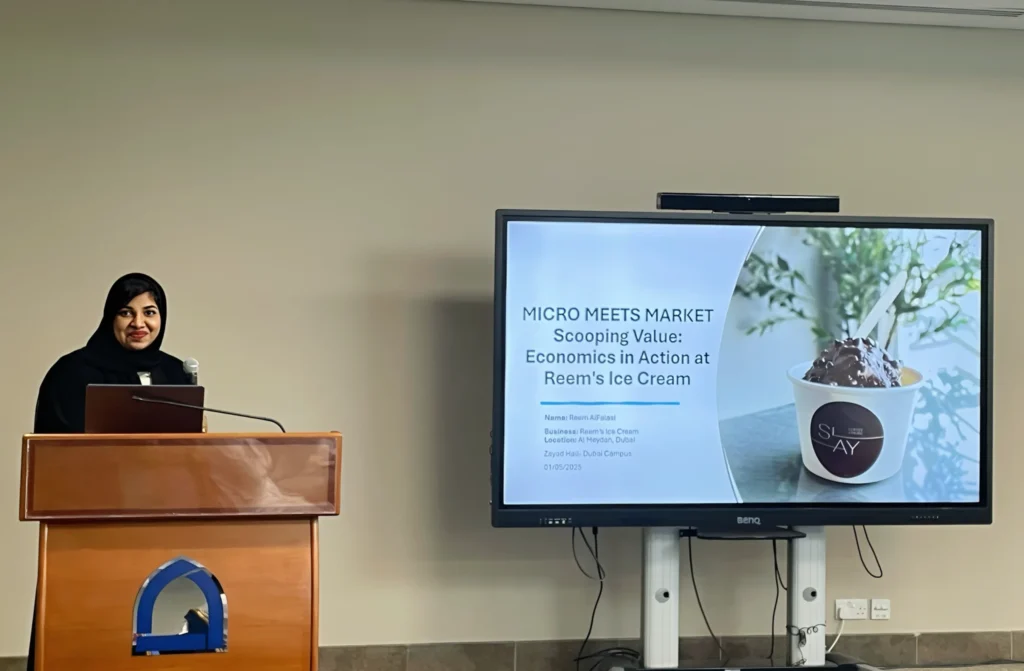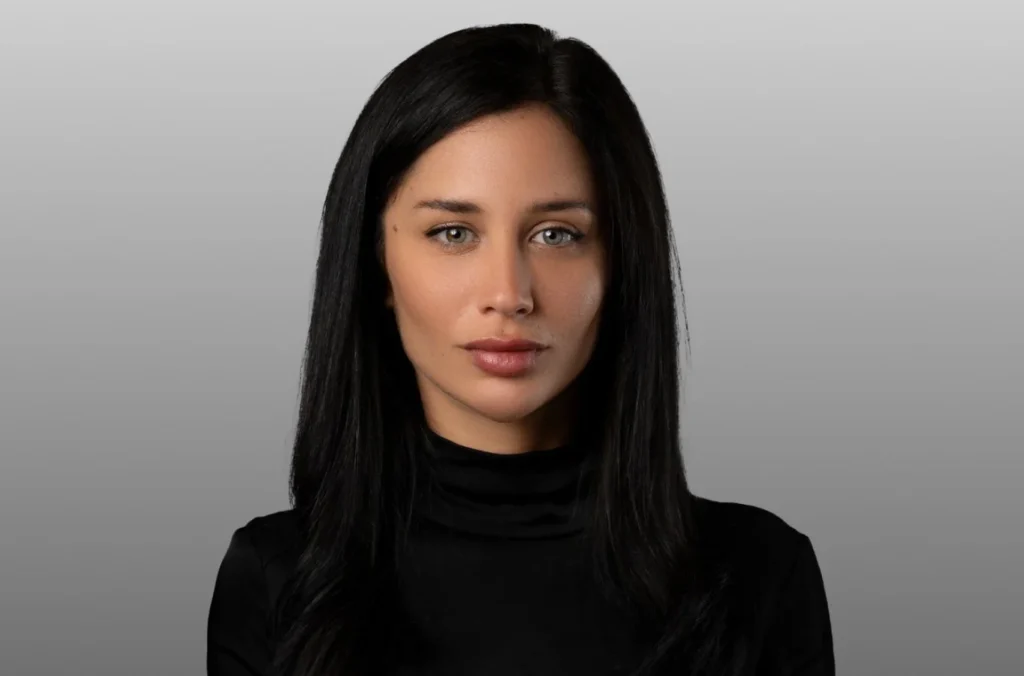Redefining Insurance with Reem Al Falasi, the UAE’s Youngest Insurance Trailblazer
Beyond Premiums Redefining Insurance with Reem Al Falasi, the UAE’s Youngest Insurance Trailblazer By Peter Davis Life is unpredictable, and with it comes risk. It is only natural to seek protection, a truth that history has shown in many forms, from weapons to financial safety nets. Today, insurance stands as one of the most powerful tools for safeguarding against uncertainty. But is it truly the modern-day answer to all risks and dangers? To explore this question, MAGNAV sat down with Reem Al Falasi, a rising force in the UAE’s insurance industry. Reem’s story is unusual; she quite literally grew up in insurance. Straight out of high school, she joined Liva Insurance, while most of her peers were still unsure about their paths. What drove such a bold decision at such a young age? Reem had already calculated her future. She realised that completing a four-year degree without experience would leave her with little competitive edge at 21. So, in the summer of her final school year, she took a job to gain a taste of real working life. That step changed everything. By autumn, she was enrolled in a bachelor’s degree in Finance at the Higher Colleges of Technology, determined to balance both work and study. Her routine was relentless. Mornings were spent engaging with clients from all walks of life, where she not only built technical knowledge but also mastered the jargon of insurance in both English and Arabic. By 3 p.m., she was heading to her evening university classes, while simultaneously pursuing professional qualifications with the UK’s Chartered Insurance Institute. For four years, she maintained this demanding rhythm. Today, she is one of the youngest advisors of the health and general insurance industry in the UAE with over a decade of industry experience behind her. Her achievements have not gone unnoticed. Reem was recognised as the Best Emirati Employee in the Private Sector by Prime Minister Sheikh Mohammed bin Rashid Al Maktoum, and later won first place in the Nafes Award, presented by President Sheikh Mohammed bin Zayed Al Nahyan. For her, meeting the President remains one of the most treasured milestones of her career, a reminder that every sacrifice and late night was worth it. Clearing the Misconceptions Insurance remains a misunderstood subject. It is often seen as a luxury or dismissed as unnecessary. Reem is passionate about dismantling these misconceptions. “Insurance isn’t a luxury, it’s protection,” she explained. “Even those with the lowest incomes need it, especially when it comes to health, the most vital aspect of life.” She pointed out that in the UAE, medical costs are particularly high due to imported treatments and equipment. Insurance, therefore, is not just a service, it is an essential pillar supporting the country’s healthcare system. Her role, as she describes it, is not simply to sell a policy but to ensure that each one suits the client’s needs and budget. Acting as a bridge between the company and the client, she sometimes even negotiates discounts on premiums to make policies more accessible. The Future of Insurance Looking ahead, Reem believes the sector will become increasingly transparent, with AI technology playing a larger role in analysing risks and simplifying policy terms for clients. But could AI replace human advisors altogether? She answered by stating Al’s role will be most powerful in areas like faster claims automation, fraud detection, and improving pricing accuracy – but never in replacing empathy or trust. “Technology can make us faster, but it cannot make us human,” she notes. She shared that her approach to when someone registers a claim involves carefully revisiting policy exclusions and benefits. Although settlements can drag on for months or years, she works to fast-track legitimate claims by escalating them directly to management. Her advice to policyholders is clear, always read the exclusions, benefits, limits, and warranties. These sections hold the real story of what is covered, and what isn’t. In recent years, the UAE Central Bank has publicly issued fines and suspensions against insurers and brokers for misconduct — a reminder that buyers must stay vigilant and well-informed. But how can buyers spot signs of misconduct? “False promises are the biggest red flag,” Reem warned. “If an agent promises coverage that isn’t written in the policy, that’s when you know you’re dealing with the wrong company.” When asked which insurance is absolutely vital, Reem did not hesitate, medical insurance comes first. Next, she highlighted auto and home insurance, protecting people’s two most valuable assets, their vehicles and their homes. For entrepreneurs, Business Interruptions, and Liabilities Insurance are non-negotiable. Speaking from personal experience as the owner of Slay Café in Nad Al Sheba, Reem has seen firsthand how the right cover protects both the business and its customers. “Running a business gave me a new perspective,” she says. “It’s one thing to advise clients, and another to face risks directly as an entrepreneur.” She also pointed to the rising importance of climate-related coverage. During the UAE floods of 2024, insured households received compensation for damages, underscoring how vital natural disaster protection has become. By contrast, the COVID-19 pandemic revealed gaps in coverage, with many insurers refusing payouts under the argument that pandemics were excluded. “In truth, some policies did cover pandemics, but many clients simply didn’t know. That’s why reading your policy is critical,” Reem stressed. The insurance industry remains male-dominated, and back in 2012, being a young Emirati woman in the field was particularly difficult. Reem recalls being underestimated and stereotyped. Yet, Instead of being discouraged, these challenges fueled her determination. She consistently proved that knowledge and results outweighed assumptions. Through resilience, she not only earned trust but also helped reshape perceptions of Emiratis in the private sector. Her efforts not only proved her own capabilities but also helped shift perceptions of Emiratis in the private sector. Today, she is sought out as a trusted advisor and regularly gives back as a guest speaker and mentor to young professionals. Her advice to the next generation is both simple and powerful, “Don’t hesitate to try. The first failure to your success


